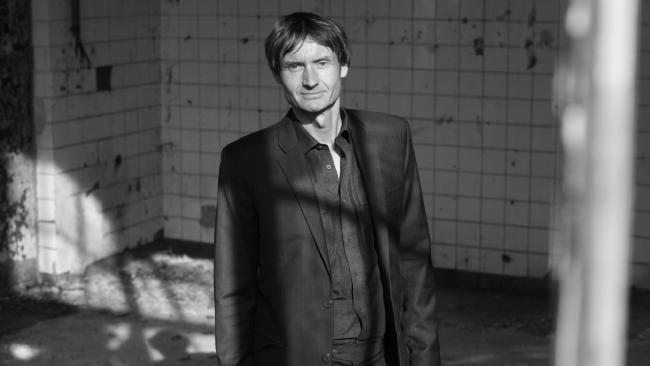“I demand that you do not sleep for at least three days and nights if that is required,” General Heinz Guderian is said to have told the thousands of German troops who had massed to cross the Meuse river and push into Belgium and France in 1940.
The largest motorised unit in military history had assembled, comprising 41,410 vehicles and including 1222 tanks. Its goal: to reach the French town of Sedan before the French army did. However, only by fighting non-stop for at least 72 hours would that be possible. As General Franz Halder noted in his diary: “We have to resort to unusual means.”
According to German author Norman Ohler, that meant one thing: drugs, specifically methamphetamine. In his book Blitzed: Drugs in the Third Reich, translated from German and praised for its meticulous research, Ohler advances the claim that the Nazis used stimulants and narcotics as military strategy. On this particular night on the Meuse, he writes, a supply of 20,000 pills was distributed to the soldiers, who collectively consumed the entire stock during the course of the night.
“Twenty minutes later, the nerve cells in their brains started releasing neurotransmitters. All of a sudden, dopamine and noradrenaline put the soldiers in a state of absolute alertness. The night brightened, no one would sleep, lights were turned on and the Wehrmacht started eating its way tirelessly towards Belgium. The listlessness and frustration of the first few hours made way for new and strange feelings. Something started happening, something no one could readily explain. An intense chill crept across scalps, a hot feeling of cold filled everyone from within. There were as yet no storms of steel, as in the first world war, but instead a storm of chemicals broke out, punctuated by euphoric flashes of mental lightning.
Read the article by Vic Alhadeff (chief executive of the NSW Jewish Board of Deputies) in The Australian.

